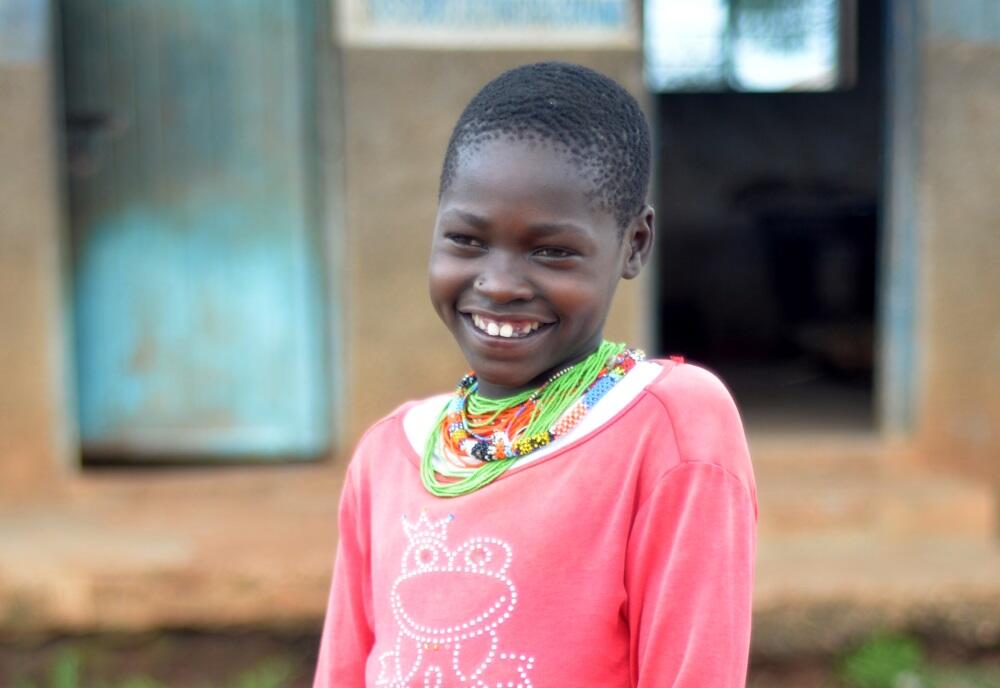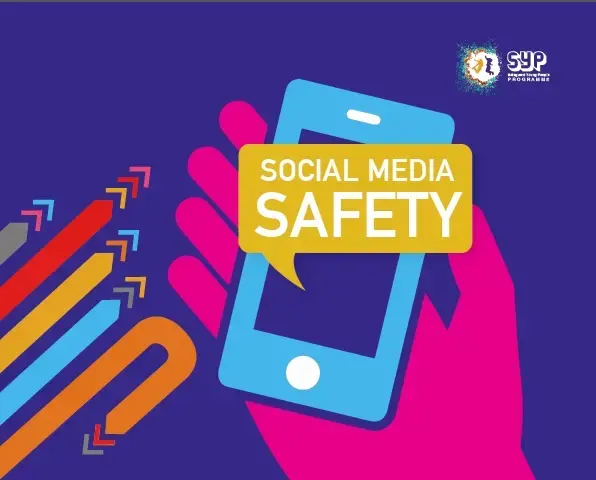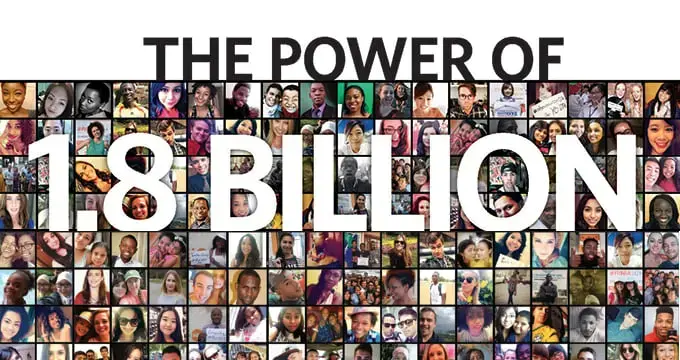KAMPALA, Uganda— Jhazirah was a loner who found it hard to share her life with others and had no self-confidence. “I have trouble with my leg – a clubfoot. Girls saw me as a misfit and abnormal,” she said. This changed when she joined the Empowerment and Livelihood for Adolescents (ELA) club in Kikulu, near Kampala. She had needed a space where she felt accepted. “At ELA, members welcomed me with open arms and I was treated as an equal.”
I have trouble with my leg – a clubfoot. Girls saw me as a misfit and abnormal. At ELA, members welcomed me with open arms and I was treated as an equal.
Jhazirah, now 20, was abandoned by her mother when the family was hit by financial hardship when she was just 14 years old. She was forced to drop out of school as she could no longer afford to pay her tuition.
A family friend introduced her to the ELA club, managed by UNFPA partner BRAC (Building Resources Across Communities), which has presented her with new opportunities.
ELA clubs offer adolescent girls the opportunity for a better life through mentorship, life skills training and microfinance. Jhazirah was initially attracted to the club because of the various activities they conduct, for example indoor and outdoor games, reading books, storytelling and livelihood trainings for the club members.
After three years as an active member, she was promoted to peer mentor. She received life skills training (health education), which enabled her to educate her peers on a wide range of topics, including menstrual hygiene, family planning, sexually transmitted infections including HIV, and gender-based violence.
The club has given her a platform to share her story in order to encourage and motivate other girls. She has become an advocate for family planning in her community, sharing her knowledge about contraceptives among her peers and recruiting girls to join the club.
New opportunities to achieve her dreams
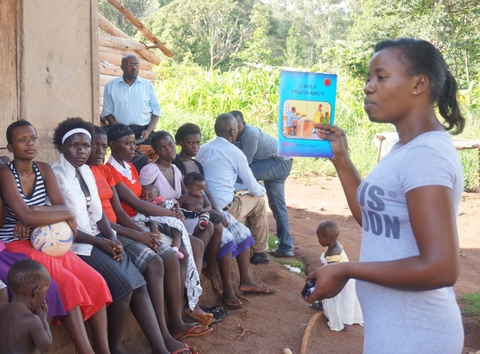
their club meeting. © UNFPA Uganda/Martha Songa
“We don’t teach girls how to engage in sex, but we teach them how to protect themselves through abstinence and condom use if they must have sex,” she said.
To become a member of the ELA club, permission is required from the girl’s parents. Due to taboos, misconceptions and cultural barriers regarding family planning, the mentors have a responsibility to include the mothers of the club members to discuss the programme and ways to empower their daughters.
But not all parents are open to the idea of their daughters receiving information on sexual and reproductive health, including family planning information and services.
My friend later became pregnant and her mother was upset that we did not teach her daughter to abstain, even though she initially told her daughter not to join the club.
“I invited a friend to join [the club] but we faced trouble getting permission from the girl’s mother,” Jhazirah said. “My friend later became pregnant and her mother was upset that we did not teach her daughter to abstain, even though she initially told her daughter not to join the club.”
Through her participation with the ELA community, Jhazirah now feels confident about pursuing her goal of becoming a journalist. Even though she cannot yet afford to go back to school, her friends have provided her with the opportunity to host events and to present radio shows, which is already a dream come true for her.
Adolescent girls face difficult challenges in Uganda
Adolescence presents particular challenges for girls in Uganda. About 10 per cent were married before their 15th birthday, and 40 per cent by their 18th birthday (DHS 2011).
Only 13 per cent of girls aged 15 to 19 years who were married or in a union were using modern contraception. Not surprisingly, adolescent pregnancy rates were high: almost 7 per cent of girls gave birth before their 15th birthday, and 33 per cent before their 18th birthday (DHS 2011).
Knowledge of HIV was relatively low: almost 36 per cent of 15 to 19-year-olds had comprehensive knowledge of HIV, and 41 per cent of 20 to 24-year-olds (DHS 2011).
Around 61 per cent of girls and women aged 15 to 24 years believed that wife beating can be justified (DHS 2011).
From school drop-out to small business owner
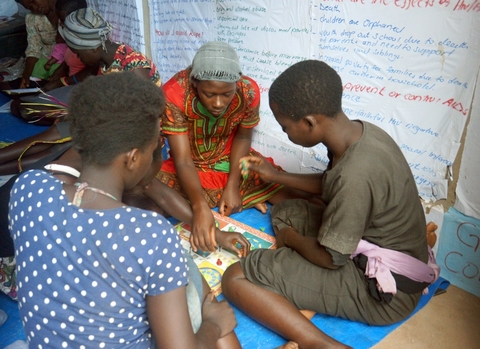
with their peers at one of the ELA clubs. © UNFPA Uganda/
Martha Songa
Irene, 18, was introduced to the ELA Club in Nsooba, Kampala, in 2016. After she had completed form four at school, her mother could no longer afford to pay for her education. She had to drop out of school to look for a job.
The ELA Club has been a life-changing experience, Irene said. At the time, she was unemployed but she has been able to start a small business through the club’s microfinance programme. To ensure the loan is utilized responsibly the club also offers financial literacy training.
Shortly after Irene became a mentor, her mother passed away. Irene then used the monthly honorarium she received to pay her brother’s school fees, while her small business has allowed her a budget for the two of them.
The first time I menstruated I did not know about it. We tell [the girls that] if you see blood, don’t run to the doctor crying. Just tell your mom and let her buy pads for you.
Irene has since become passionate about mentoring younger girls aged 9 to 12 years old. She talks to them about managing their menstrual and personal health. While growing up, she did not have access to this information. “The first time I menstruated I did not know about it. We tell [the girls that] if you see blood, don’t run to the doctor crying. Just tell your mom and let her buy pads for you.”
Improving perceptions of family planning
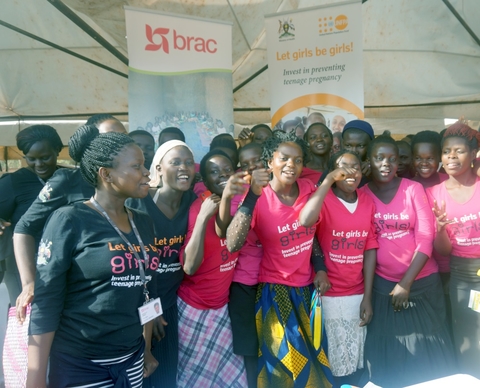
attitudes towards family planning. © UNFPA Uganda/Martha Songa
Negative perceptions and attitudes towards family planning have also changed in her community, due to peer education and parental engagement.
Irene teaches her peers about family planning and also engages parents in the community. “Even the parents who were not okay with it are now okay with it,” she said.
Through the ELA programme, Irene has found her passion for educating others about their health. She dreams of one day becoming a nurse, to make an even greater impact on her community and country.
- Hamida Massaquoi

